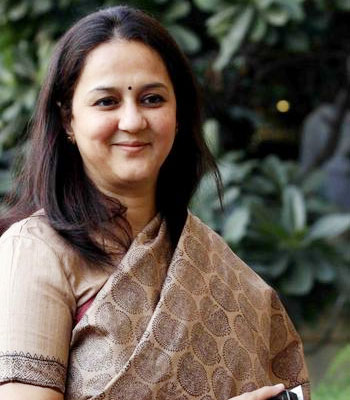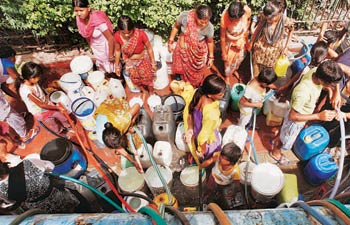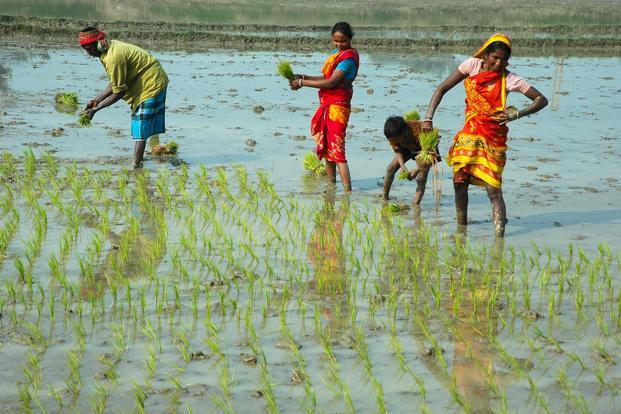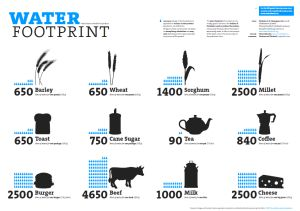
Rohini Nilekani, Chairperson, Ardghyam (Image Source : skarma.com)
Rohini Nilekani, Chairperson, Arghyam, talks on the present and future status of water in the country at the 24th Bhogilal Leherchand Memorial Lecture and also as how securing it is every citizen’s business . She questions as to what is the legacy we want to leave behind for our future generations? We need to be reminded time and again that water though an annually renewable resource is still finite. If all the water in the world was placed in a bucket, we would only be able to use just 1 teaspoon, the rest being locked up in glaciers or in the form of salty seas!
Increasing water crisis creating conflicts

Residents in Delhi queue up due to water shortage (Image Source:indiatoday.intoday.in)
She speaks of the crisis of water being a crisis for civilization itself. So though we will never run out of water, the limited amount that we have is now is to be shared by an ever increasing number of human beings, as both demands and aspirations spiral. In India 4% of the worlds water is being shared by 18% of its population.
And not just that, water distribution across the country too is uneven. Our per capita availability of water in 1947 was 6000 cum, which sadly has reduced to less than 1600 cum today and shockingly is projected to further lessen to about 1000 cum by 2030.
Rohini also brought to fore how water related issues are increasing, creating conflict between neighbours, villages and even states. She reiterates that there are simple ways by which each one of us can make a difference.We can follow better ways of sharing water; and also improve efficiency in the water that we use. What is required is to have a value based system and apply water wisdom more responsively.
High water consumption for industries and agriculture

Production of 1 kg of paddy requires about 3000 l of water (Image Source: livemint.com)
She then went on to discuss water as an integral part of industries and agriculture, where underground fossiled water is mined from centuries old acquifers through bore wells. Attempts are being made to track water efficiency per unit of industrial production and companies are beginning to work on sustainable issues.
Unfortunately the ‘polluters pay principle’ is more conspicuous by its absence. It is time we stop thinking of the country’s growth only in economical terms and realise that water too can be a major constraint in the economic growth.
She strongly feels that it is we the consumer, who need to be more water sensitive and understand the finer nuances of this water crisis. We must realise about the totality of water that is required to obtain any product or service. It is this virtual water dilemma that is to be catered to. This includes the invisible water used up during the production, transport and all other concerned activities.
Reduce individual water footprint

Water footprint: Volume of freshwater used to produce a product (Image Source: water footprint.org)
The answer to the water crisis lies in our hands, Rohini asserts. We no longer can afford to be a flush and forget society. She maintains that it is the youth that needs to rethink its attitude towards water. One has to innovate, make our system cost effective, think in terms of decentralization, believe in using local resources first and understand the true value of water.
We need to contemplate on how water connects and binds all of us together and strive to be a good citizen and then a good consumer. Today power has shifted to individuals. Each individual can make a difference by reducing their own water footprint , learning the true value of water and contribute in making our country a low water society.
For the complete webcast of the talk by Rohini Nilekani click here













